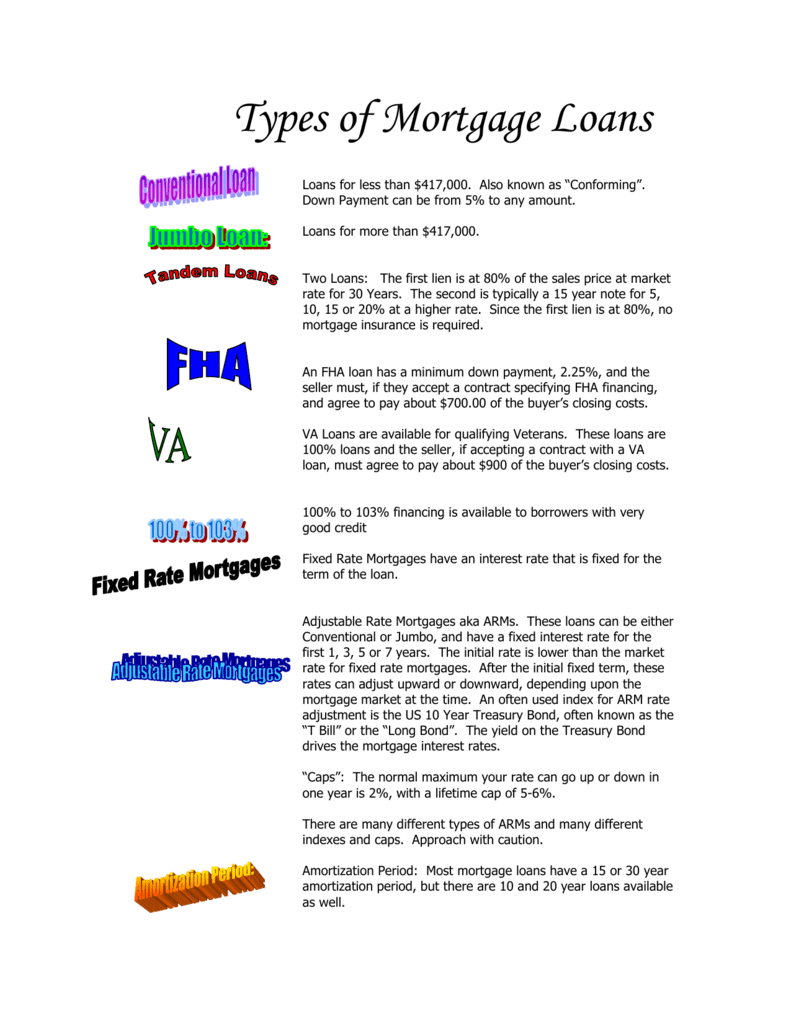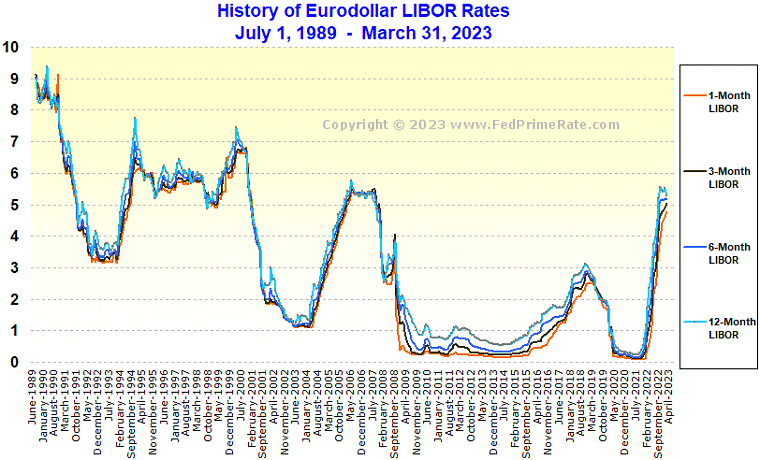First, let's go over what a reverse home mortgage is. A reverse mortgage is designed to permit senior older house owners who own all or the majority of their home to withdraw some of the equity from the house for personal use Recipients can pick to get the cash as a lump sum, in regular monthly installations, or as a line https://www.timesharestopper.com/blog/timeshare-cancellation-company-review-of-wesley-financial-group-llc/ of credit.
As it is only available to people over the age of 62, it is implied to be the last loan an individual will get on their home in their life time. A reverse home loan should be repaid when the property stops to be the loan recipient's main house. This can happen when the recipient moves, downsizes, has been in the hospital for over a year, or dies.
Generally, one of four things happens: 1. The recipient's life insurance coverage policy is used to pay off the balance of the reverse mortgage. 2. The recipient's successors sell the property and utilize the profits to pay off the balance. If the home costs more than the loan deserved, the beneficiaries keep the staying equity.
3. The recipient's heirs re-finance and secure a new mortgage on the house in order to keep the property. (It is possible to have both a reverse home mortgage and a regular home mortgage on the exact same residential or commercial property, as long as the routine home loan has a low loan balance). 4. If the successors take no action within the allocated period of time, the bank will foreclose on the house to recover the loan.
What Does How Is The Compounding Period On Most Mortgages Calculated Do?
Be sure to look carefully at the terms of a reverse home mortgage prior to taking one out, as some loans can bring high fees and interest rates.
If you secure a reverse home mortgage, you can leave your house to your beneficiaries when you pass away, but you'll leave less of an asset to them. Your heirs will likewise require to deal with paying back the reverse home loan, and they could face significant issues at the same time, otherwise the lending institution will foreclose.
A "reverse" mortgage is a particular kind of loan in which older homeowners convert some of the equity in their home into cash. The money is typically dispersed in the kind of a lump sum (subject to some limitations), regular monthly amounts, or a credit line. You can likewise get a combination of monthly installments and a credit line.
This sort of loan is different from regular "forward" home mortgages because with a reverse mortgage, the lender pays to the homeowner, rather than the house owner making payments to the lending institution. Due to the fact that the property owner gets payments from the lending institution, the homeowner's equity in the property decreases with time as the loan balance gets larger.
What Act Loaned Money To Refinance Mortgages Fundamentals Explained
With a HECM, the loan has to be paid back when one of the following events takes place: the customer dies the home is no longer the customer's principal home (or the customer leaves permanently or leaves due to health factors for 12 successive months or longer) the customer sells the home (or transfers title), or the borrower defaults on the regards to the loan, like by stopping working to keep up with insurance premiums or real estate tax.
But they will not receive title to the property complimentary and clear due to the fact that the home goes through the reverse home loan. So, say the house owner dies after getting $150,000 of reverse home loan funds. This indicates the successors inherit the house subject to the $150,000 debt, plus any charges and interest that has actually accrued and will continue to accumulate until the debt is settled.
1. Pay back the loan. (With a HECM, the successors can select to pay back 95% of the appraised worth themselves and keep the home. FHA insurance coverage will cover the staying loan balance.) 2. Sell the home and utilize the earnings to repay the reverse home mortgage. (With a HECM, the heirs can offer the home for the complete quantity of financial obligation owed on the loan or an amount that is at least 95% of the present appraised value of the property.) 3.
4. Do nothing and let the lender foreclose. According to an USA Today article from December 2019, successors who wish to pay off a reverse mortgage and keep the house frequently face months of red tape and disappointment when handling the loan servicer. Substandard loan servicing practices often impede what need to be regular documentation, financial obligation estimations, and communications with customers or heirs.
How Many Mortgages In One Fannie Mae - Questions
The servicer likewise designated the home as vacant and shut off the water in the name of property conservation, and arranged a foreclosure sale. This situation is not uncommon. The U.S. Department of Real Estate and Urban Advancement (HUD), the regulator of HECMs, has guidelines that say servicers of these loans need to inform survivors and successors of their alternatives and resolve the loan within six months of a death.
If they're selling the property and it's still on the market after six months, or they're still actively seeking financing, successors can contact the servicer and request a 90-day extension, based on approval by HUD. Another 90-day extension can be asked for, again with HUD's approval. However that guidelines do not avoid the servicer from pursuing a foreclosure during this time.
While you face hold-ups or obstructions due to an issue with the residential or commercial property's title, an approaching foreclosure, or a lack of info from the servicer, you'll need to spend for the house's maintenance, taxes, and insurance, and interest and charges will continue to accrue on the financial obligation while you attempt to exercise any of the above choices (what is a non recourse state for mortgages).
Reverse home mortgages are complicated and are frequently not the finest choice for older property owners looking for access to additional cash. Prior to taking out a reverse home loan and taking advantage of your home equity, you should make sure to explore all of the choices readily available to you. For example, you may get approved for a state or local program to reduce your bills or you could consider downsizing to a more cost effective home.

Hedge Funds Who Buy Residential Mortgages for Dummies
aarp.org/revmort. Although you'll need to complete a therapy session with a HUD-approved therapist if you wish to get a HECM, it's also extremely advised that you think about talking with a financial planner, an estate preparation lawyer, or a consumer protection lawyer prior to securing this sort of loan.

Upon the death of the borrower and Qualified Non-Borrowing Spouse, the loan ends up being due and payable. The successors have thirty days from receiving the due and payable notification from the lending institution to purchase the house, offer the home, or turn the home over to the lending institution to please the financial obligation.
Your successors can consult a HUD-approved housing therapy agency or an attorney to find out more. Some beneficiaries might do not have funds to pay off the loan balance, and may need to sell the house in order to pay back the reverse home loan. With a reverse mortgage, if the balance is more than the house deserves, your heirs don't have to pay the difference.